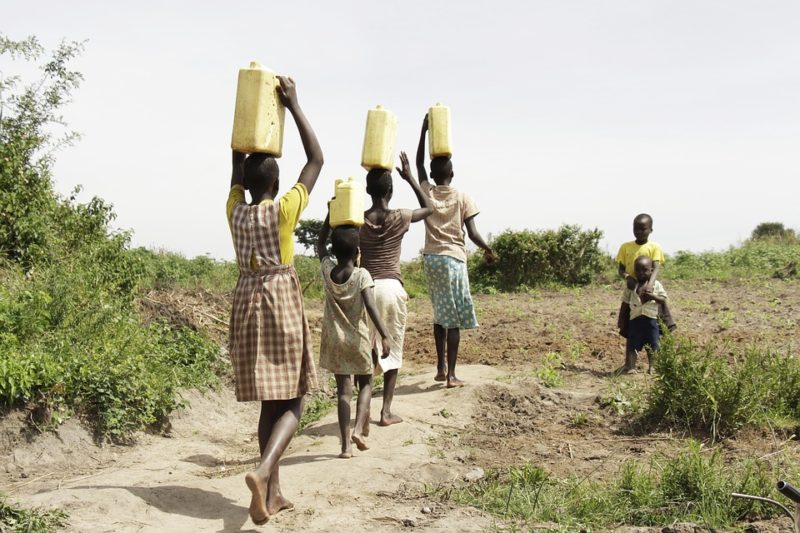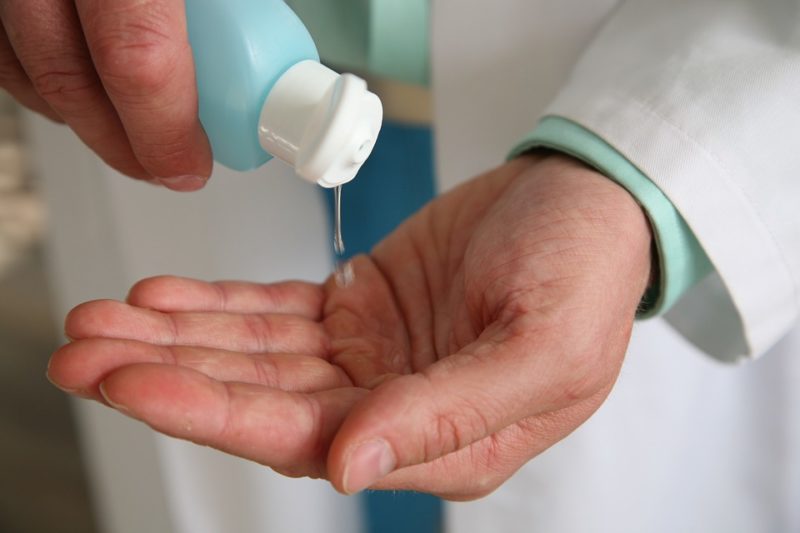Effective Surveillance

Antimicrobial resistance (AMR)
AMR develops when bacteria, fungi or viruses are exposed to antibiotics, antifungals or antivirals. As a result, the antimicrobials become ineffective and infections may persist. In addition, medical interventions including surgery, chemotherapy and stem cell therapy may become impossible.
AMR is considered the biggest global threat of Health and Food Safety.
AMR Insights
For Officers at authorities, ministries, international organisations and NGO’s who wish to prevent the further global spreading of Antimicrobial resistance, AMR Insights offers selected, global information and data, specific education and extensive networking and partnering opportunities.
AMR Insights is for:
- Senior officials and (top) civil servants at national authorities
- Policy Officers at Ministries
- Civil servants at regional authorities
- Senior officials at international organizations
- Senior officials at NGO’s
Latest Topics
-
 15 April 2025
15 April 2025Seasonal variations and the COVID-19 pandemic: impact on antimicrobial stewardship and antibiotic prescribing in a UK secondary care setting to combat antimicrobial resistance—a pilot study
Antimicrobial resistance (AMR) remains a major global health challenge, amplified by inappropriate antibiotic use during public health crises such as the COVID-19 pandemic. This pilot study, published in Frontiers in Microbiology, explores the combined impact of seasonal variation and pandemic conditions on antimicrobial stewardship (AMS) interventions in two NHS hospitals in the UK. Using interrupted […]
Read more... -
 14 April 2025
14 April 2025Unravelling the linkages between conflict and antimicrobial resistance
Conflicts, natural disasters, and climate change are causing drug-resistant organisms to develop, weakening mitigation efforts. Conflict exposes people to toxic war remnants and environmental contaminants, necessitating context-specific, sustainable interventions with a transdisciplinary approach to tackle antimicrobial resistance in broken infrastructure.
Read more... -
 14 April 2025
14 April 2025Over 3 million children died from AMR-related infections in 2022, major study shows
A study at ESCMID Global 2025 revealed that over 3 million children worldwide lost their lives in 2022 due to antimicrobial resistance (AMR)-related infections. The study highlights the need for regional and global strategies to control AMR, especially in high-burden areas like South-East Asia and Africa. Over 752,000 children in Southeast Asia and 659,000 in […]
Read more...
More news related to Effective surveillance





